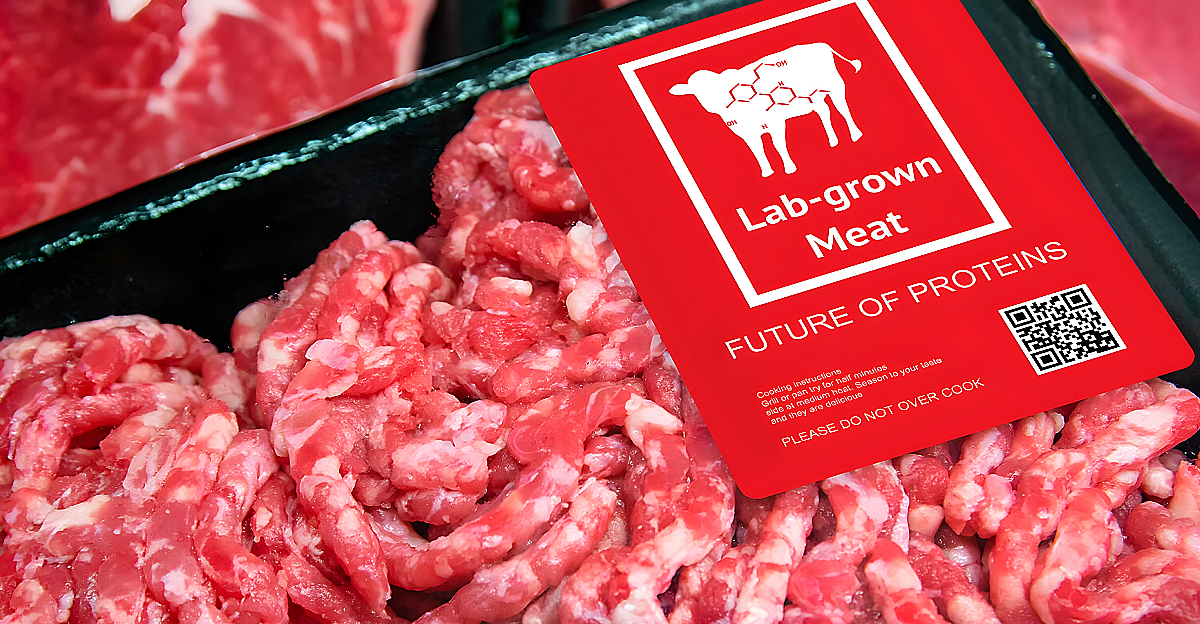
Texas has taken a dramatic step by outlawing lab-grown meat. Governor Greg Abbott signed SB 261 on June 25, 2025, officially banning the sale and production of “cell-cultured protein” products for human consumption beginning Sept. 1, 2025. This makes Texas the seventh state in the U.S. to impose such a ban. The law was hailed by Texas Agriculture Commissioner Sid Miller as “a massive win for Texas ranchers, producers, and consumers”.
By turning its back on lab-grown burgers, Texas is protecting its traditional beef industry – and setting the stage for broader consequences across the food sector.
Why Lawmakers Took Action

Lawmakers justify the ban on the grounds of safety and protecting agriculture. Legislators cited concerns that growing meat in bioreactors could expose consumers to unknown risks, such as “microplastics that can cause disruptions in the human cell membrane”. Industry groups like the Texas & Southwestern Cattle Raisers Association applauded the bill, warning that cell-cultured products might turn Texans into “a science experiment” with “no long-term health studies.
Supporters also argue the ban defends family farms: SB 261 is explicitly meant to ensure “only beef and other animal proteins raised with natural and traditional methods are sold to consumers,”.
Local Markets and Consumers Feel It
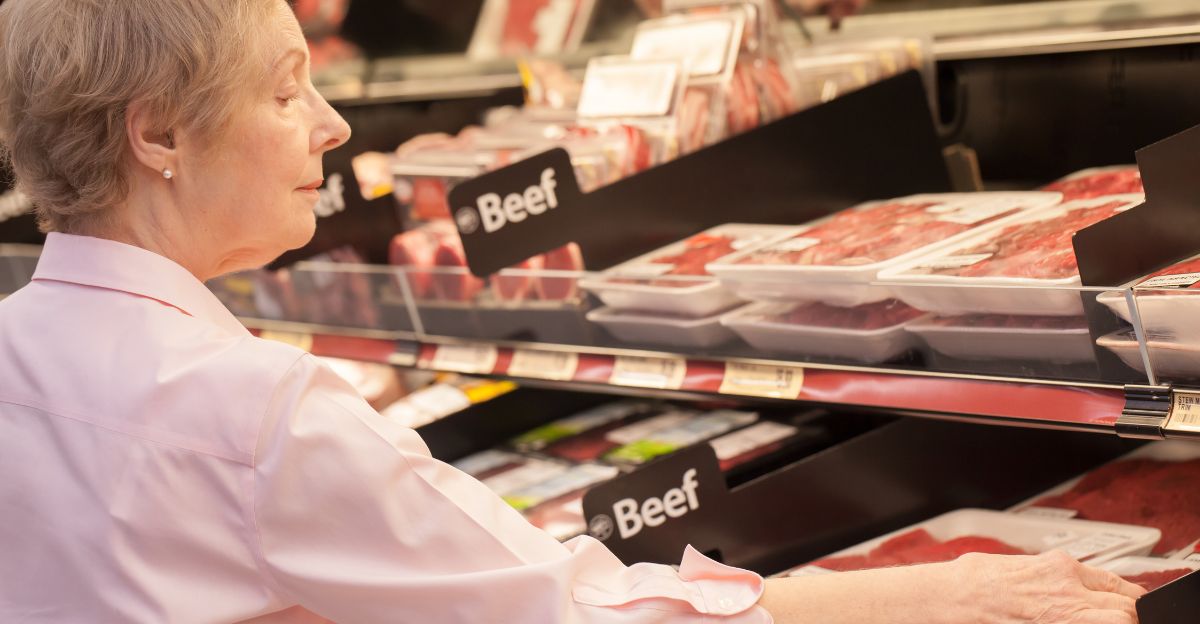
For Texas shoppers and diners, the ban means grocery-store shelves will remain stocked with familiar products. Since no lab-grown meat products had actually reached Texas markets, consumers won’t see an immediate shortage, but they will see a renewed emphasis on traditional beef. Stores may highlight locally raised beef and other “real” meats even more. In practice, popular beef cuts and steakhouse menus will stay the same, and labels on plant-based or cell-cultured alternatives will likely carry extra scrutiny.
In neighboring states, new laws already require cultivated meat labels to declare “This is an imitation meat product,” and retailers nationwide are paying attention to these rules.
Restaurants and Food Producers Adapt

Restaurants and food companies are also adjusting their plans. Cell-cultured meat developers had been eyeing Houston and Dallas as potential launch markets, but those dishes will never make it to Texas tables. In fact, the U.S. Department of Agriculture approved some lab-grown chicken and salmon to be sold in limited venues last year, with even upscale eateries briefly featuring cultivated chicken on the menu. Now, Texas chefs will stick to beef, pork, chicken or plant-based alternatives for the foreseeable future.
Fast-food chains and burger joints that might have experimented with lab-grown patties will continue relying on traditional suppliers.
Alternative Proteins Gain Traction
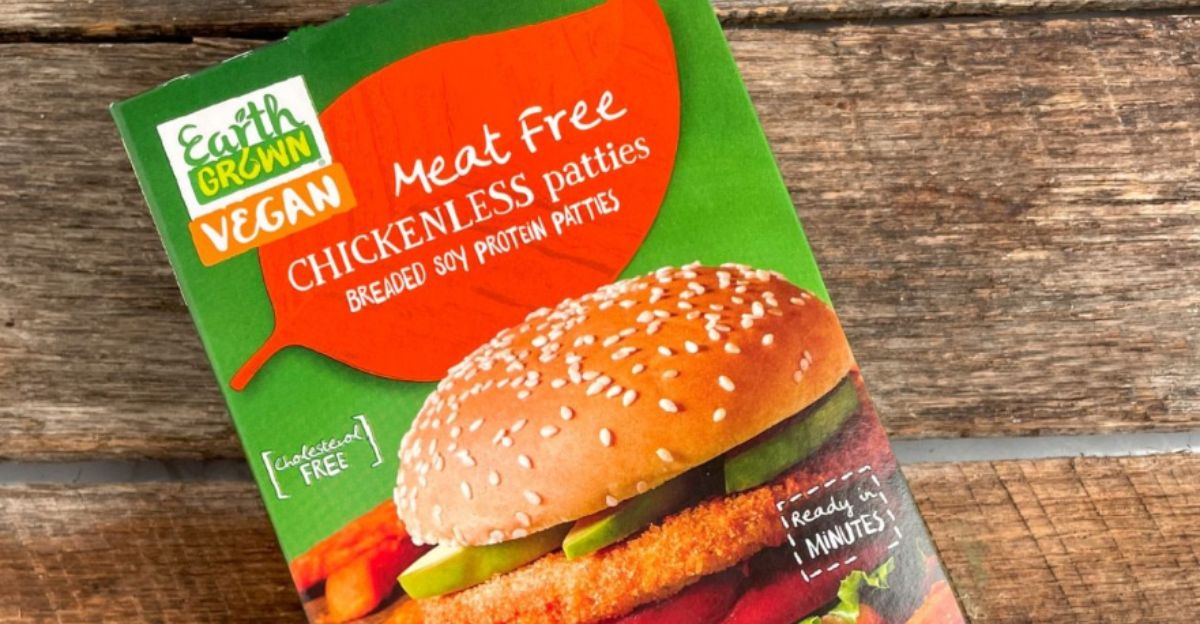
Interest in protein substitutes is likely to grow. A number of consumers choose lab-grown or plant-based meats to avoid slaughtering animals or to reduce environmental impact. As one analyst noted, “Consumers interested in sustainable foods that avoid the slaughter of animals are driving the growing cultured meat industry”. With cultivated options off the table in Texas, those consumers may turn to plant-based “meat” products (burgers, sausages made from beans or soy) or to more poultry and fish.
In fact, Texas ranchers and state officials openly tout beef as a clean energy alternative.
National and Global Market Shifts
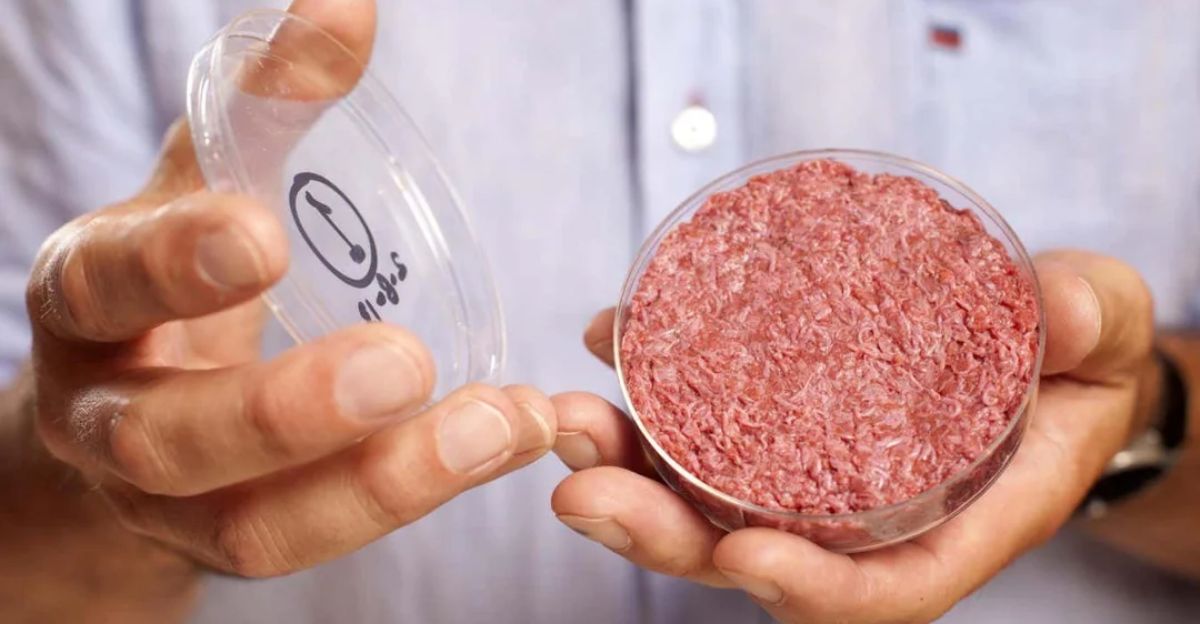
Texas’s ban sends a signal beyond state lines. The law’s temporary two-year span mirrors a similar measure in Indiana, and Texas joins Indiana, Mississippi, Alabama and other states in restricting lab-grown meat. This patchwork of bans creates uncertainty for a budding industry. Lab-meat companies like Upside Foods (which won FDA approval for its chicken) are already fighting back – Upside has sued Florida over that state’s ban, claiming it just wants “the right to compete”.
Analysts note that federal regulators (FDA and USDA) treat cell-cultured protein as meat, so state-level prohibitions could lead to legal battles over interstate trade.
Ranchers and Farmers React
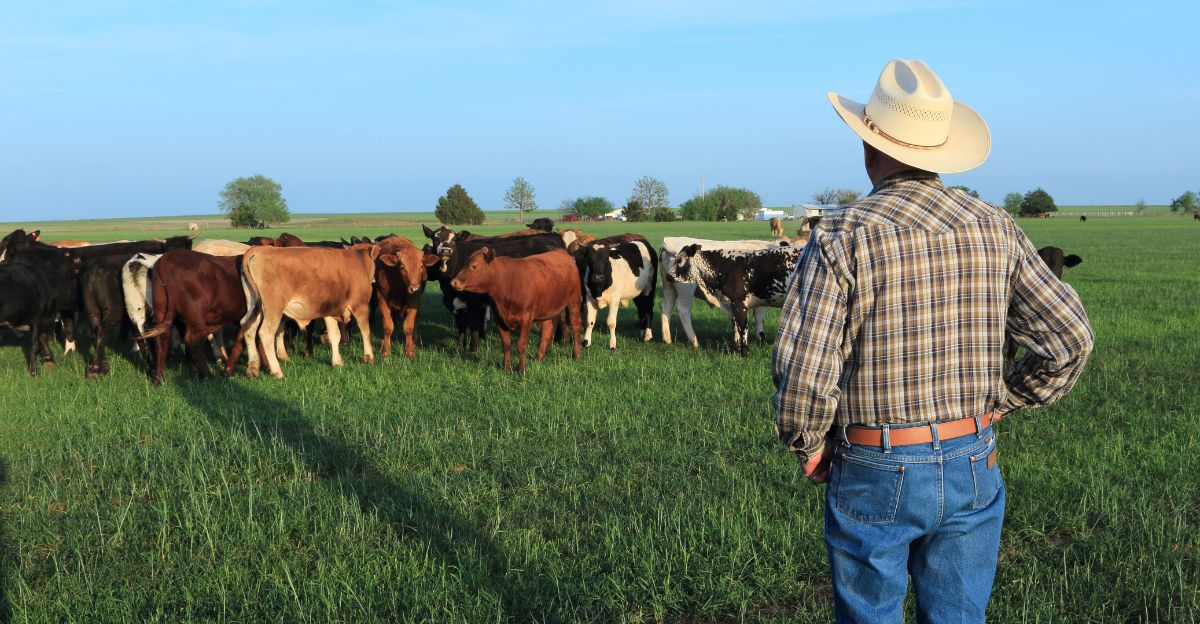
Farmers and cattlemen celebrated the news. The Texas & Southwestern Cattle Raisers Association publicly praised SB 261, saying it would protect Texans from being “a science experiment” and would push back on those seeking to end traditional farming. Texas Agriculture Commissioner Sid Miller echoed them, calling the ban “plain cowboy logic” and insisting that food in Texas should come “from a pasture, not a lab”.
Ranching groups say the law affirms the value of their livelihoods at a time when meat producers face tight margins. However, they also acknowledge this is a short-term victory: livestock markets still depend on factors like feed prices, drought and consumer demand.
New Policies and Political Fallout

Texas’s action has already spurred more policy talk. Supporters of the ban are urging Congress to consider national legislation or labeling standards for cultured meat. Critics, by contrast, highlight potential conflicts: food industry experts warn that cell-cultivated meat is legally defined as meat by the FDA, so state bans could clash with federal authority. Similar fights are playing out in other farm states; for example, Nebraska and Montana passed bans this year, and Oklahoma’s legislature debated one.
Some lawmakers suggest carving out subsidies or guarantees for ranchers to ease any future disruption, while others propose labeling rules to clarify what’s actually on consumers’ plates.
What Shoppers Should Know
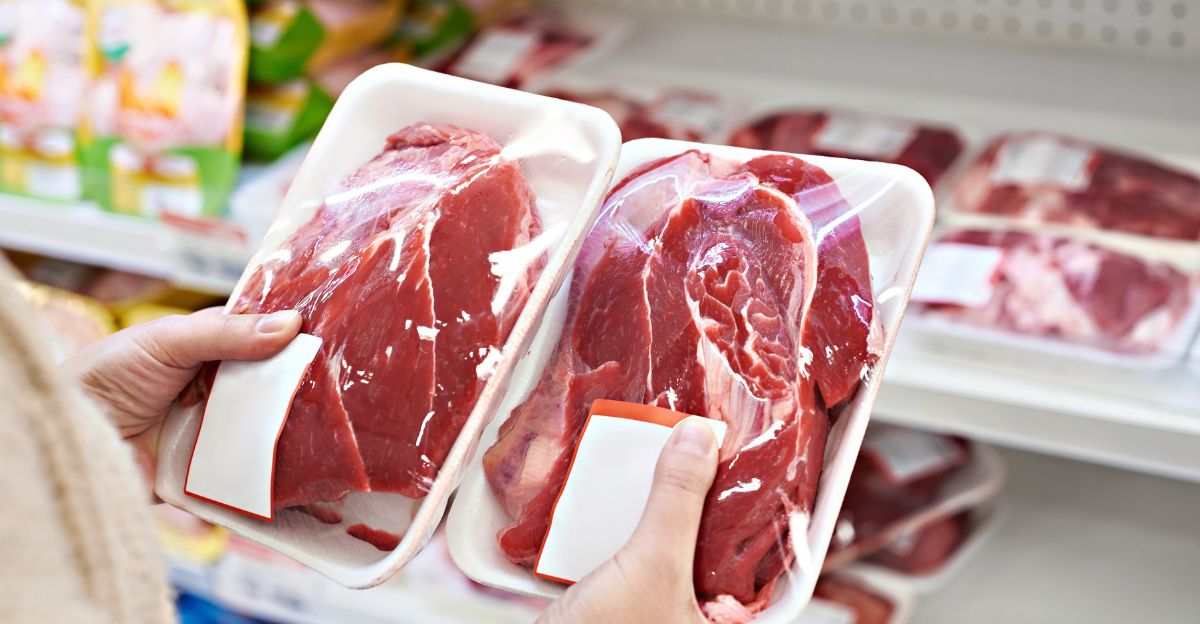
Every day, consumers can breathe a sigh of relief: your grocery bills and barbecue plans won’t change overnight. Cell-cultured meat products aren’t sold in stores yet, so Texans will continue buying beef, chicken or plant-based alternatives as usual. Still, it pays to stay informed. If you’re curious about lab-grown options, remember they won’t be in Texas restaurants or markets until at least 2027. Check food labels carefully: some states now require cultivated products to be explicitly marked.
Consider diversifying your protein sources – experimenting with plant-based meats or different fish and poultry could hedge against any future meat price swings.
Looking Ahead

The Texas ban shows how a single policy can reverberate through many layers of the food system. It all started with a law to “protect Texas ranchers”, but its effects touch distributors, restaurants, and even environmental debates. What happens next will depend on lawsuits and further regulations: cultured-meat companies are likely to challenge bans in court, and regulators may issue new guidelines.
Consumers in other states may notice lab-grown chicken on menus or grocery lists long before Texans do, potentially creating two parallel markets.